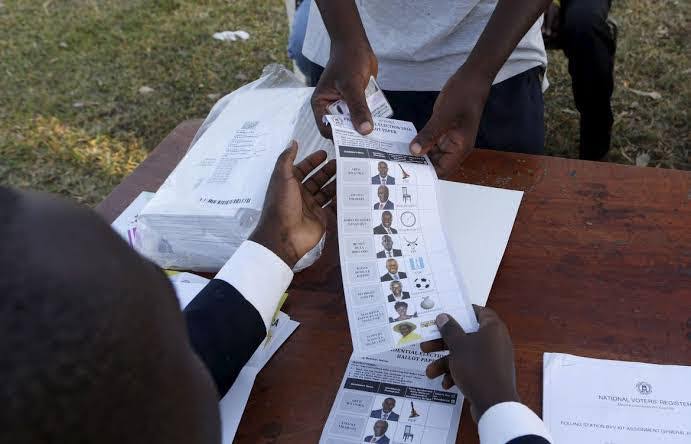
KAMPALA. The Electoral Commission (EC) has revealed that preparations for printing ballot papers for January General Election are in advanced stages.
The electoral body has assured candidates and voters that the final products will be clear, user-friendly, and compliant with required standards.
However ,concerns have emerged in some constituencies where the number of contestants—particularly for parliamentary and local government positions—has reportedly exceeded 20, raising fears that ballot papers may become congested or confusing for voters.
Paul Bukenya, EC Deputy Spokesperson, acknowledged the challenge,but emphasized that quality will not be compromised.
“Preparations for printing of ballot papers is very key because they need to be printed in time and delivered in time. Preparations have advanced because we got printers, and our teams are working with them to get everything set,” Bukenya said .
He added that design work has already begun, with careful attention to ensuring that all candidates are clearly displayed regardless of how many are contesting in a given race. He revealed that printing of ballot materials to be used during the presidential elections are almost done . The contract was awarded to UAE based firm .
“Where we have many candidates, we will design the ballot paper so that a voter can clearly see a candidate, their symbol, and be able to cast a vote for the candidate of their choice,” Bukenya said.
With candidate lists for Members of Parliament and Local Government now released, contestants have officially entered the campaign phase.
However, producing a clear, readable, and easy-to-use ballot remains a core responsibility of the Commission.
Candidates in constituencies with numerous aspirants are ramping up voter engagement to ensure supporters can recognise them on the ballot.
“First of all I have to remind them that when it’s time for voting, they must look for my symbol, which is a bus,” said Judith Abaho, a Makindye East MP aspirant.
Election observers note that in races crowded with candidates, visual recognition becomes a critical campaign strategy. Charity Ahimbisibwe, a seasoned observer, explained:
“What happens with so many names is that the voter needs to know their person by face and by name. Any mix-up can lead to confusion.”
According to the EC, voting for Members of Parliament will take place on January 15, the same day as the presidential election.
The Commission stressed that timely printing and delivery of ballots remains a top priority to ensure every voter can clearly identify their preferred candidate.